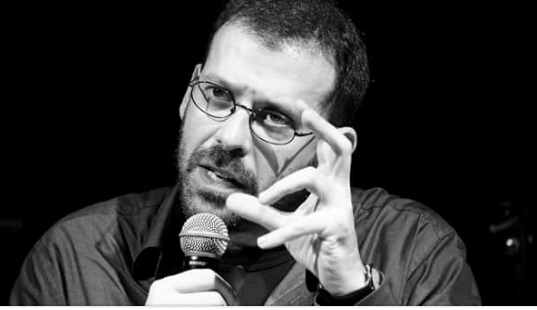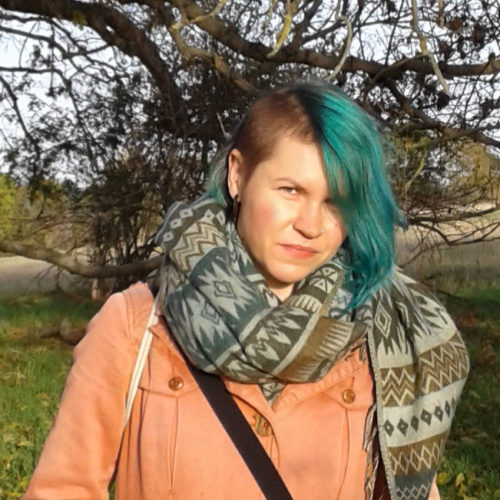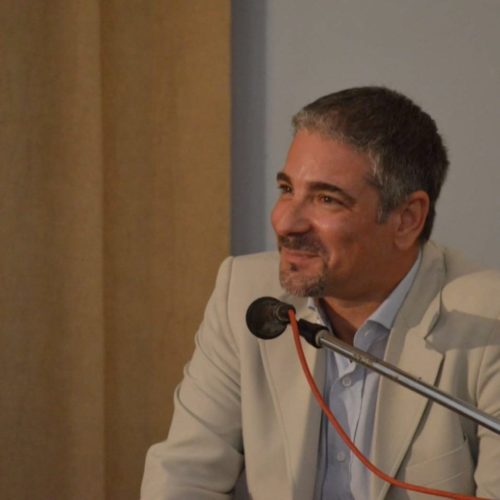Debate on the Refugee Crisis
The Camp Paradigm and Neo-colonialism
December 19th, 2020

The rise of refugee flows since 2015 has become a phenomenon of paramount importance that has brought to light pre-existing yet ever-present characteristics and failures of the European continent. The term “crisis”, although attributed to the number of people migrating, represents in actual fact a rather fitting description of the colossal political and moral inadequacies of European elites. The latter have adopted a clear policy of deterrence which on the one hand blatantly disregards the humanitarian needs of thousands of people, while on the other celebrates the return of a spectre that was thought to have stopped haunting this continent: the camp.
“It is the construction of a new social identity that accepts and internalizes a daily experienced inferiority”
The camps at the Greek borders are the pivotal element of a European deterrent migration policy and represent a gigantic beacon of meaning that shines both inwards and outwards. Inwards, through unbearably long periods of waiting in atrocious conditions the migrants are pushed into “voluntary” repatriations with the aid of international organizations like IOM or UNCHR. At the same time, those that bear the unbearable are disciplined into their newly assigned refugee status. A status that is not legal but social. It is the construction of a new social identity that accepts and internalizes a daily experienced inferiority that will later manifest itself in the lack of social rights and in the allocation in low-status jobs in the labour markets of the host countries.
“Passage in Europe means bearing the unbearable, so better be warned”
Outwards the beacon shines to every city or village in Africa and the Middle East and the message is clear: “Passage in Europe means bearing the unbearable, so better be warned”. However, in this deterrent light lies carefully another hidden message, its recipients being Europeans and non-Europeans alike. Europe represents a hegemonic cultural and economic space that bears fruits to be enjoyed only by a select few. This space is not to be altered or tampered in any way and refugees embody a potential threat to its prosperity. This message, apart from its neo-colonial character has the added effect of fuelling the extreme right which of course is the second spectre that haunts the continent once again.
“Questions must be raised about the value system this continent is based on and on the one it produces”
What resistance is possible in this nightmarish context? Can a double movement, similar to what Polanyi suggested, manifest itself? Can solidarity, both in terms of state policy and civil society, push back the narrative and practice of deterrence? Or will political and economic elites curb resistance by shamelessly proclaiming what Polanyi critically assessed almost 80 years ago? That our social relations, being embedded in our economic system, have no room for the concept and practice of solidarity. At the moment the COVID-19 outbreak undermined the already feeble resistance by turning camp detention into a necessary measure for public health. History is indeed upon us and within the questions rising from this refugee crisis lie considerations about Europe’s role in global capitalism. But more importantly, questions must be raised about the value system this continent is based on and on the one it produces, regardless of – or even in opposition to – what it generously proclaims.
Nikos Xypolytas
Nikos Xypolytas is as an Assistant Professor in Sociology of Migration at the University of the Aegean, Lesvos, Greece. He studied Sociology at the University of Newcastle upon Tyne and he received his Masters from University of Oxford in Economic Sociology. He completed his PhD in Greece at Panteion University, (2012) and looked at the consequences of migrant domestic work on the familial and social relationships of migrants.
Read our other essays on the Refugee Crisis here:




